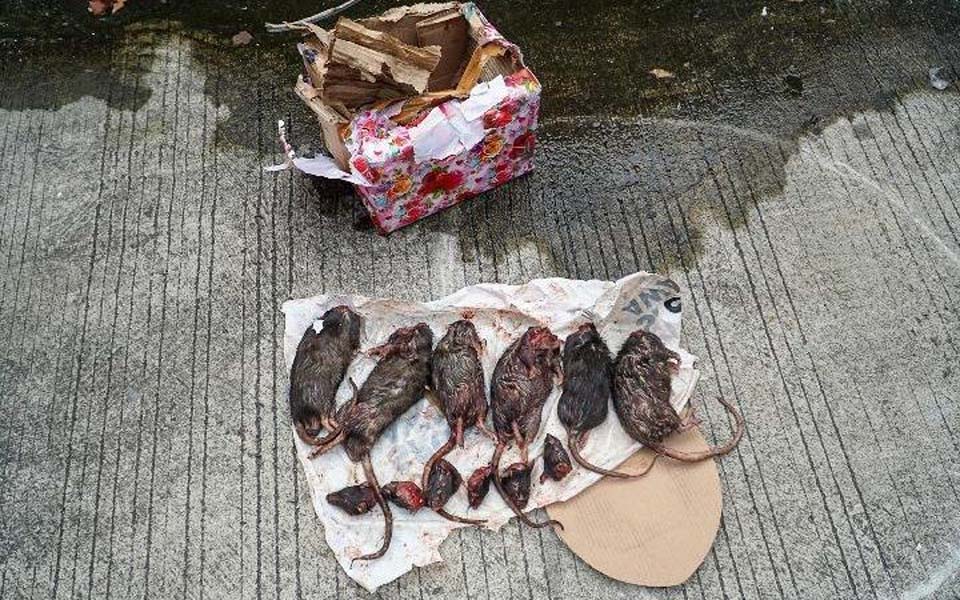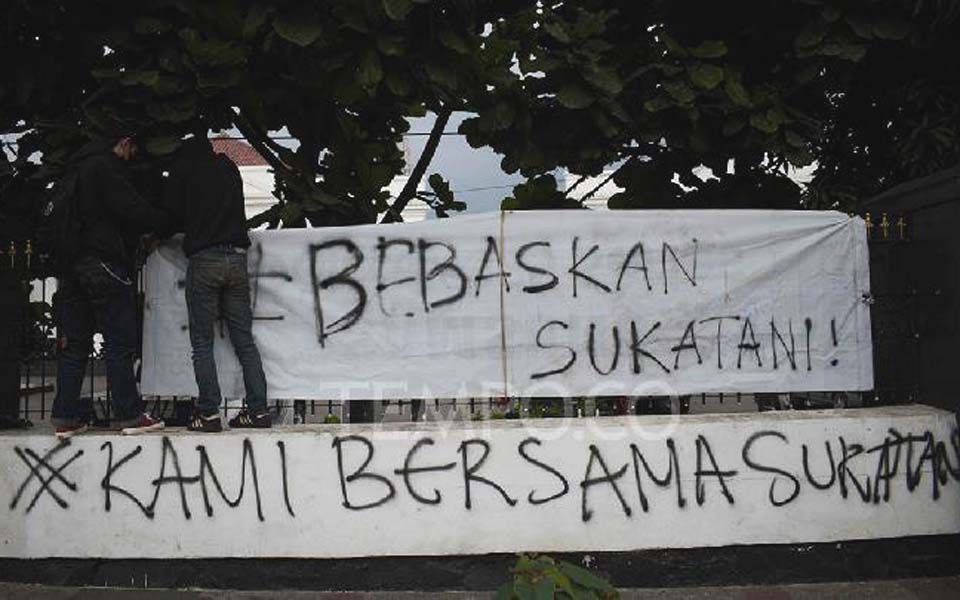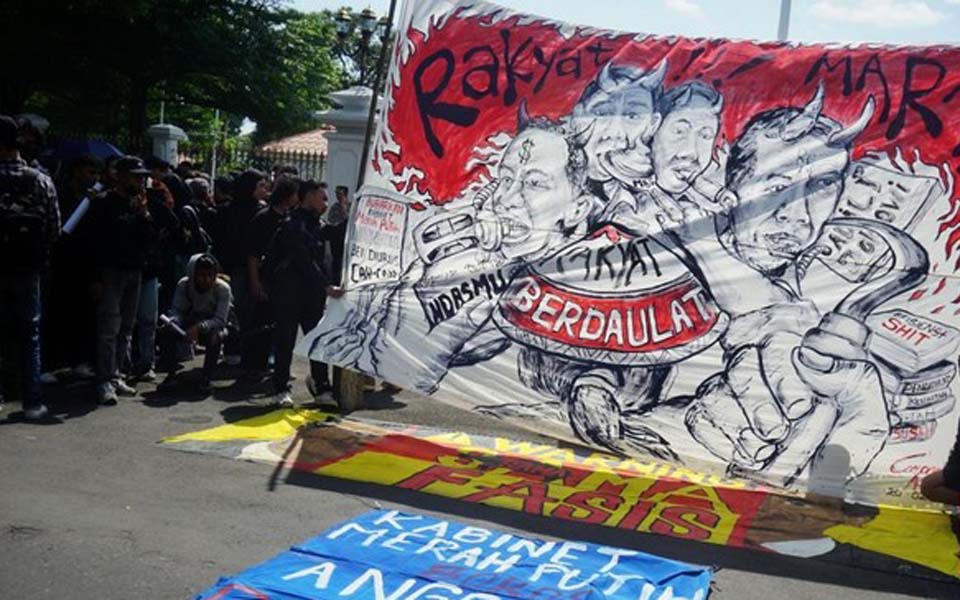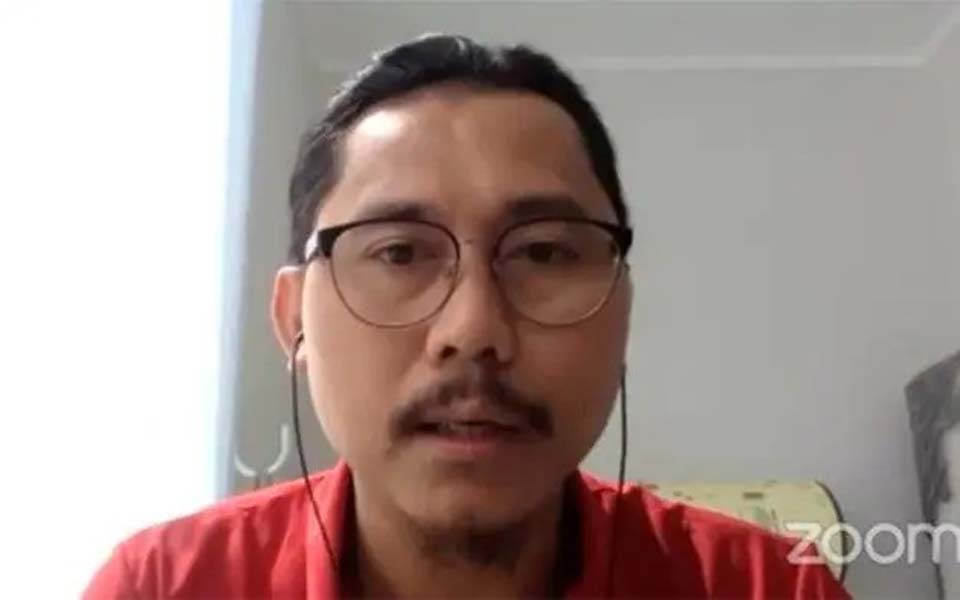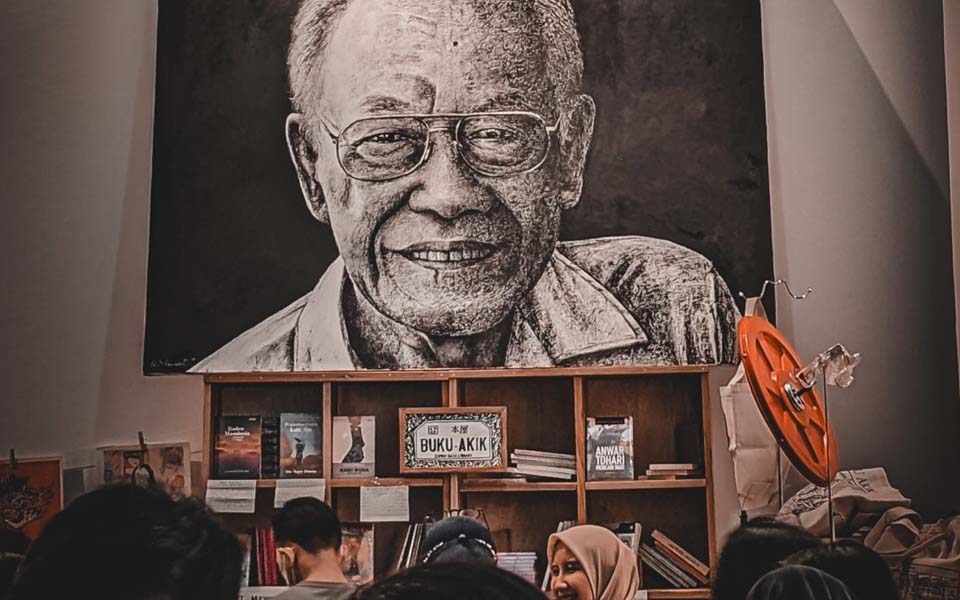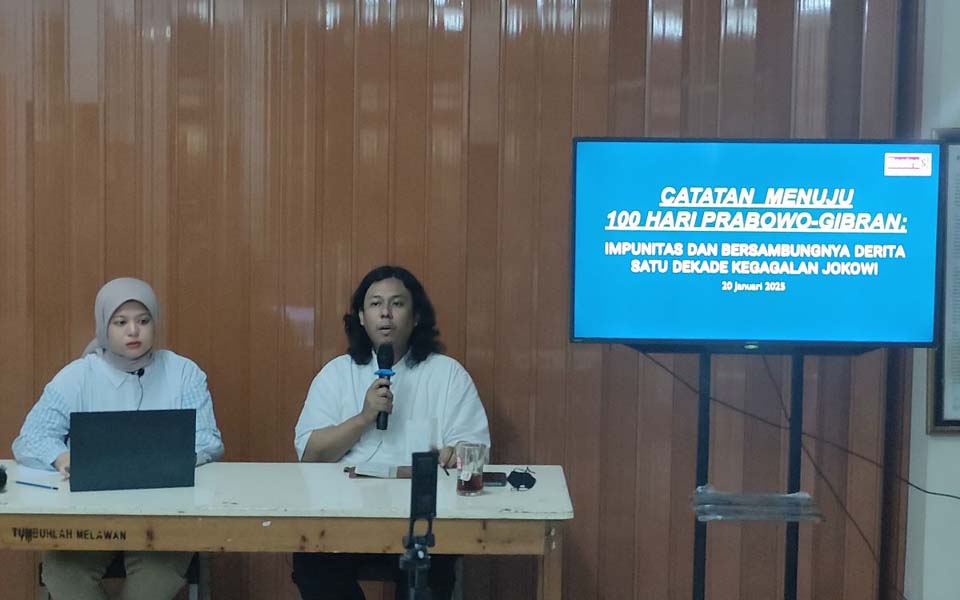Vincentius Jyestha, Jakarta – National Police Public Information Bureau Head Brigadier Dedi Prasetyo says that people inviting others to golput – to abstain from voting – in the April 17 presidential and legislative elections could be prosecuted.
For those who do this through electronic media, they could also be indicted under the Information and Electronic Transaction Law (ITE).
“Yes if they encourage others using the medium of electronic media of course the ITE Law could and may be used to indict a person in accordance with the actual actions and legal facts of the incident which occurred”, said Prasetyo at the National Police Headquarters in South Jakarta on Wednesday March 27.
Actually, he said, the punishment for a person who encourages golput is already regulated under Article 510 of the Election Law (UU Pemilu).
Prasetyo said that criminal sanctions and fines await those who intentionally cause another person to golput.
“In the UU Pemilu it is regulated under Article 510 if I’m not mistaken. Whosoever obstructs or provokes a person into not using their right to vote can be jailed and fined as well”, he said.
The one star general said however that investigators would examine more fully whether or not a case can be considered to be an election (pemilu) violation or a criminal violation.
“So it depend, first on their actions, second on the method used, they could be indicted there. So investigators will later look first at their actions, the legal facts in accordance with the evidence which is found by investigators”, he said.
“From this only then will a legal construction be formulated. What it is covered under? Is it covered by the KUHP [Criminal Code], a criminal violation under the pemilu [law], or covered under the ITE law. It very much depends on the incident”, Prasetyo said accusingly.
Referring to Article 550 of Law Number 7/2017 on General Elections, it states that: Anyone who intentionally causes another person to lose their right to vote shall be subject to a maximum jail term of 2 (two) years and a maximum fine of 24,000,000 rupiah.
Notes
Golput – Golongan Putih, White Group. The term first emerged as a campaign by students in the 1971 elections and derives its name from marking the white section of the ballot paper rather than a party symbol or candidate’s picture thereby making the vote invalid. In recent years the term has broadened to include not just intentionally casting an invalid vote but also vote abstention. Under new electoral laws introduced in 2003, golput, defacing a ballot paper or simply not voting is no longer an electoral offence. Despite recent threats by government figures saying they will prosecute anyone campaigning for golput, according to the electoral law unless money or other enticements are offered, simply campaigning for or encouraging others not to vote is not in fact a criminal offense.
[Translated by James Balowski. The original title of the article was “Polri Jelaskan soal Ancaman Pidana bagi Orang yang Mengajak Golput”.]






